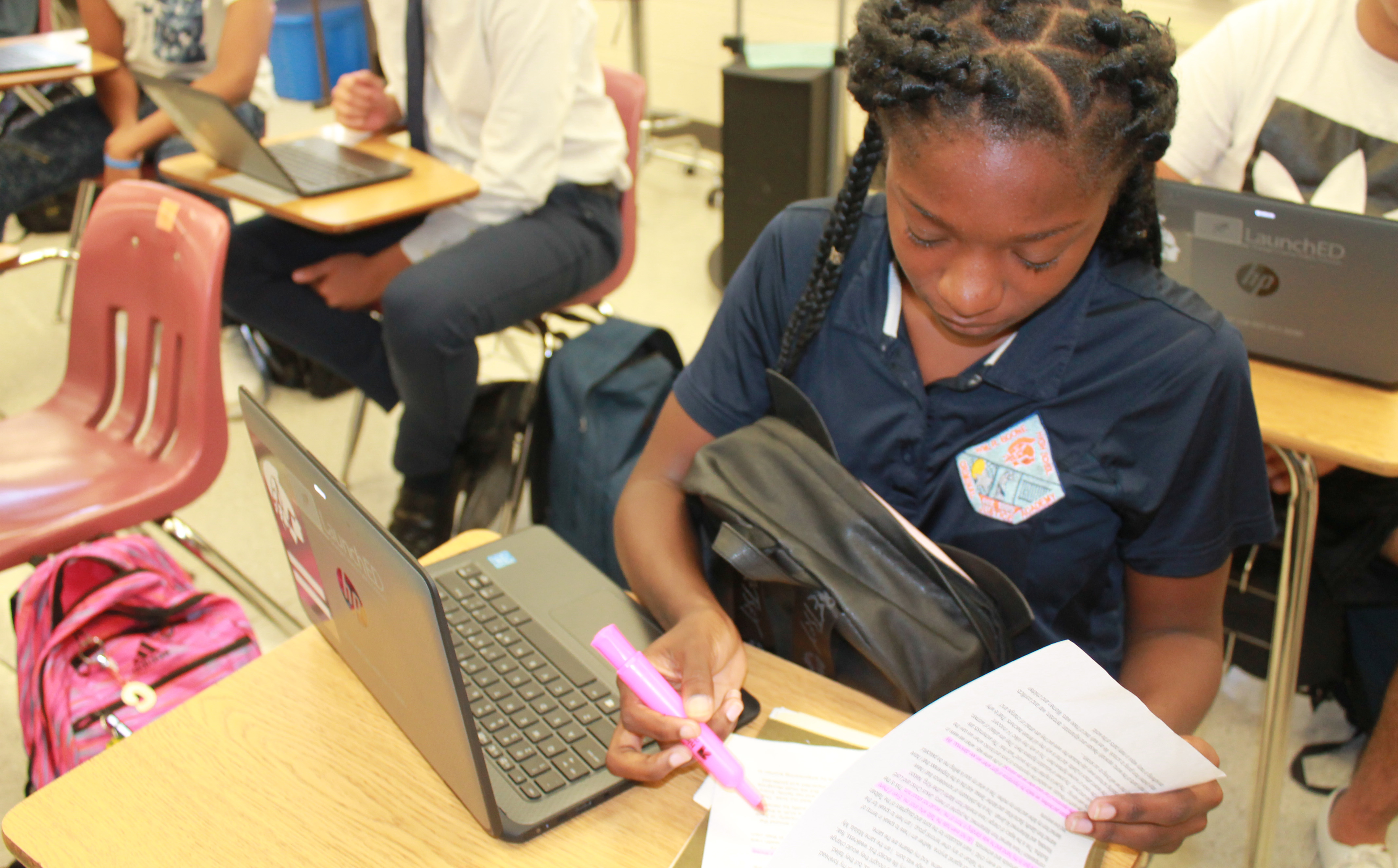
While the end of the school year signifies the start of summer vacation, it also brings Advanced Placement and end of course exams. One can find it difficult reviewing all the material learned over the course of the year.
Not knowing where to start, how to study or what to study can overwhelm and stress students. However, there are scientifically proven study tips that can help students relax and get a passing grade on those exams.
Don’t do it all in one day.
Spreading out one’s study time can increase their chances of passing. Reviewing material every day even if it only for a short amount of time can trigger your brain to recall certain topics. Cramming doesn’t work. Instead, plan out what topic is being studied at what time. Doing this can help tackle a subject one step at a time.
Don’t multitask.
Multitasking doesn’t help when one wants to retain information. A University of Connecticut study in 2015 called, A Spade, showed multitasking extends study time and can be hurtful to one’s grades. Caving into multitasking while studying is a waste of time and can cause a huge loss of focus. Put the phone away and go somewhere with little distractions to get the most out of a study session.
Teach what you’ve learned.
When teaching the material one can ensure that the information is understood. It also proves that the information is stored away in memory. This is especially great when answering short answer questions on a test. If one is able to explain it to someone else they can explain it in writing, as well.
Get sleep.
When one obtains deep sleep after learning something, their brain cells grow new connections that reach out and connect to other brain cells. This strengthens the pathways in a brain around. This causes remembering what one has learned easier. Sleeping after learning encourages memories of the information to be wired into your brain, so it’s less likely to fade. The National Sleep Foundation recommends that teenagers get eight to 10 hours of sleep a night.
With these changes in a study session, one can expect higher test scores.
